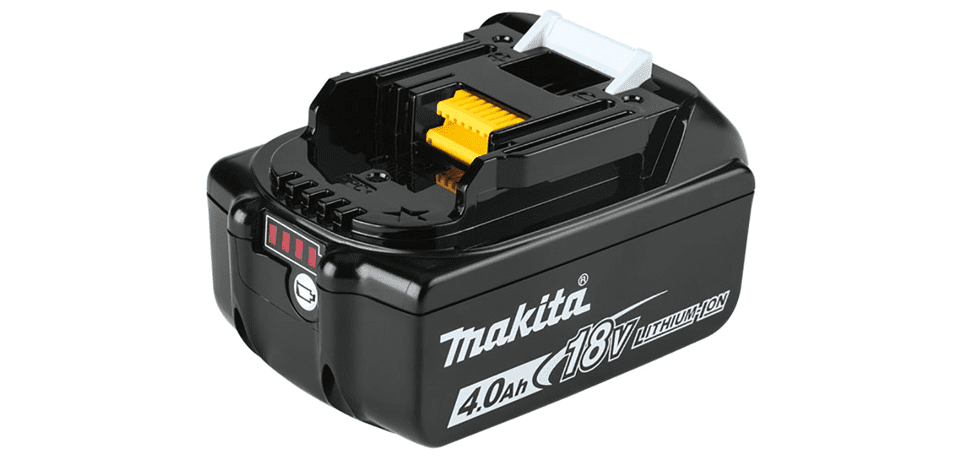Address: 31125 Via Colinas, Suite 905 Westlake Village, CA 91362 | Phone: 800-888-4005
Home > Newswire > Buyer Guides > Buyers Guide For Tool Batteries

Carbon Zinc Batteries:
Alkaline Batteries:
Lithium Batteries:
Silver Oxide Batteries:
Zinc Air Batteries:
NiCd (Nickel Cadmium) Batteries:
NiMH (Nickel-Metal Hydride) Batteries:
Lead Acid Batteries:
Lithium-ion Batteries:
| Cookie | Duration | Description |
|---|---|---|
| cookielawinfo-checkbox-analytics | 11 months | This cookie is set by GDPR Cookie Consent plugin. The cookie is used to store the user consent for the cookies in the category "Analytics". |
| cookielawinfo-checkbox-functional | 11 months | The cookie is set by GDPR cookie consent to record the user consent for the cookies in the category "Functional". |
| cookielawinfo-checkbox-necessary | 11 months | This cookie is set by GDPR Cookie Consent plugin. The cookies is used to store the user consent for the cookies in the category "Necessary". |
| cookielawinfo-checkbox-others | 11 months | This cookie is set by GDPR Cookie Consent plugin. The cookie is used to store the user consent for the cookies in the category "Other. |
| cookielawinfo-checkbox-performance | 11 months | This cookie is set by GDPR Cookie Consent plugin. The cookie is used to store the user consent for the cookies in the category "Performance". |
| viewed_cookie_policy | 11 months | The cookie is set by the GDPR Cookie Consent plugin and is used to store whether or not user has consented to the use of cookies. It does not store any personal data. |